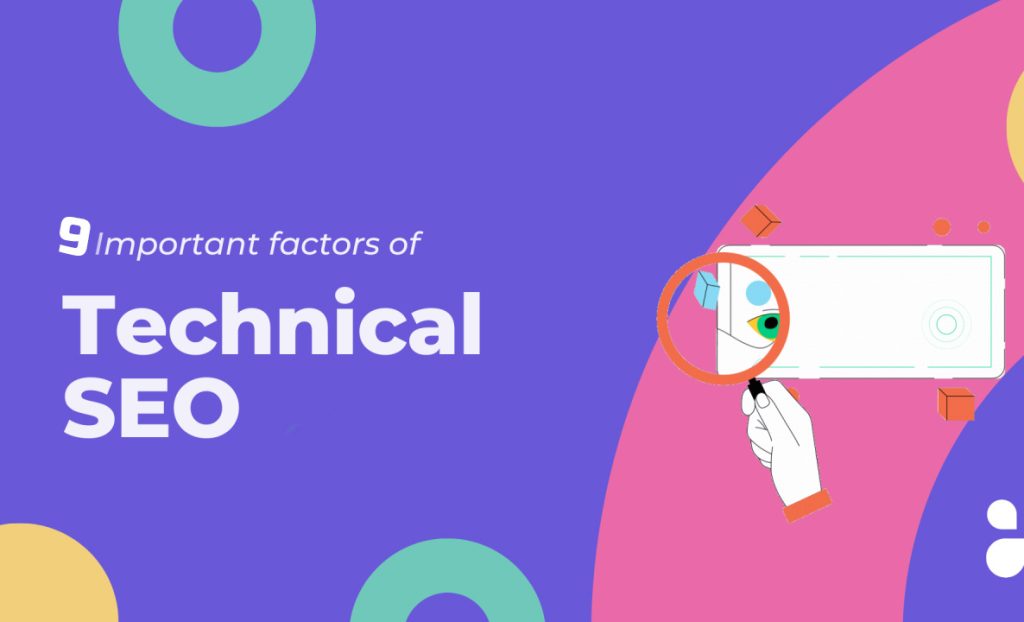When you’re working on technical SEO, there are a few important things to focus on:
- Website Structure: Think of your website like a well-organized book. A clear and logical structure helps search engines understand your site and make it easier for them to index.
- URLs: These are like the addresses of your website. Make them simple and include keywords so that both people and search engines can understand them.
- Website Speed: Nobody likes a slow website. Speed is crucial for a good user experience and high search engine rankings. You can speed things up by reducing the size of big images and videos and using techniques like caching and compression.
- Mobile-Friendly: Since many people use mobile phones to browse the web, it's important to make sure your website looks and works well on small screens.
- Meta Tags and Titles: These are like little labels for your web pages. Use them to tell search engines what your content is about.
- Sitemap: Think of this as a map for search engines. An XML sitemap lists all the pages on your website, making it easier for search engines to find and understand your content.
- Canonical Tags: These tags help prevent issues with duplicate content by telling search engines which version of a page is the most important.
- Redirects: If your web addresses change, use 301 redirects to guide visitors from the old ones to the new ones. This keeps things organized and helps with SEO.
- Redirects: If your web addresses change, use 301 redirects to guide visitors from the old ones to the new ones. This keeps things organized and helps with SEO.
- Security: To keep your website safe and data protected, use SSL (Secure Sockets Layer) to encrypt data exchanged between your server and visitors.
By paying attention to these technical SEO elements, you can improve your website’s performance and make it more successful online.

Install and activate the ACF plugin. This allows you to create custom field groups and assign them to specific post types, providing a more structured way to manage post meta data. You can then add and manage these custom fields directly within the post editor.

